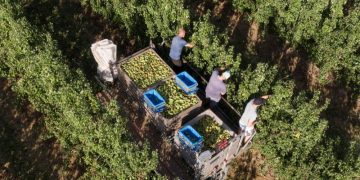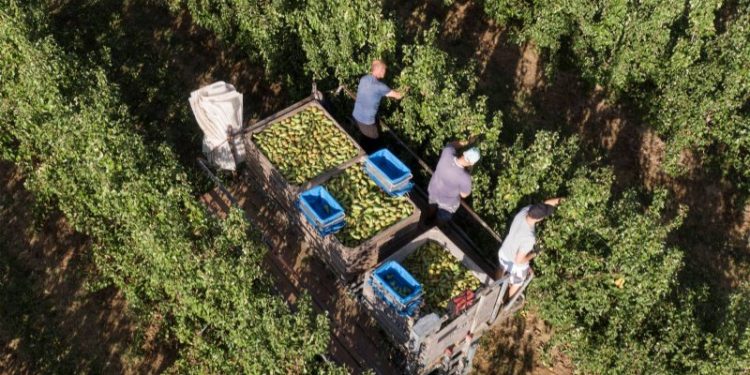This article explores the importance of sustainable policy in the agricultural sector, with a specific focus on the benefits and opportunities it presents for fruit growers. By examining the latest data and insights, we shed light on the potential positive outcomes that can be achieved through sustainable practices and policies in fruit farming.
Sustainable agriculture has become a crucial aspect of modern farming practices, and its significance extends beyond environmental conservation. In today’s rapidly changing world, where climate change and resource scarcity pose significant challenges, sustainable policy implementation is crucial for the success and resilience of agricultural sectors worldwide. Fruit growers, too, can benefit greatly from adopting sustainable practices, as it not only helps preserve the environment but also enhances productivity, profitability, and long-term viability.
According to recent data from various sources, including a report by Nieuwe Oogst 1, sustainable policies in agriculture have demonstrated positive outcomes in multiple areas. For fruit growers, these policies have led to reduced reliance on synthetic pesticides and fertilizers, resulting in improved soil health, reduced chemical runoff, and enhanced biodiversity. This shift towards sustainable practices has the potential to create healthier ecosystems within orchards, promoting natural pest control and reducing the risk of developing resistance to pesticides.
Furthermore, sustainable policies contribute to resource efficiency and resilience in fruit farming. By optimizing water usage, adopting precision irrigation techniques, and implementing innovative water management systems, farmers can conserve water resources while maintaining high-quality fruit production. The integration of renewable energy sources, such as solar panels and wind turbines, can also provide opportunities for farmers to reduce their carbon footprint and generate additional income through the production of clean energy.
Sustainable policy implementation also supports market access and consumer demand. Consumers are increasingly seeking environmentally friendly and socially responsible products, which places a premium on sustainably grown fruits. By aligning their practices with sustainable policies, fruit growers can tap into these niche markets, gaining a competitive advantage and potentially commanding higher prices for their produce.
In conclusion, sustainable policy implementation in fruit farming presents a multitude of benefits for both the environment and farmers. By embracing sustainable practices, fruit growers can improve soil health, preserve biodiversity, conserve resources, and meet the growing consumer demand for eco-friendly products. Governments, agricultural institutions, and stakeholders should collaborate to develop and promote policies that support sustainable agriculture, thereby unlocking the full potential of the agricultural sector.
Tags: sustainable agriculture, fruit farming, sustainable policy, environmental conservation, soil health, biodiversity, resource efficiency, consumer demand, market access, resilience.
- Source: Nieuwe Oogst































